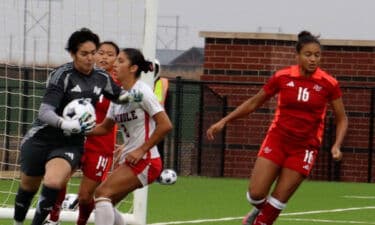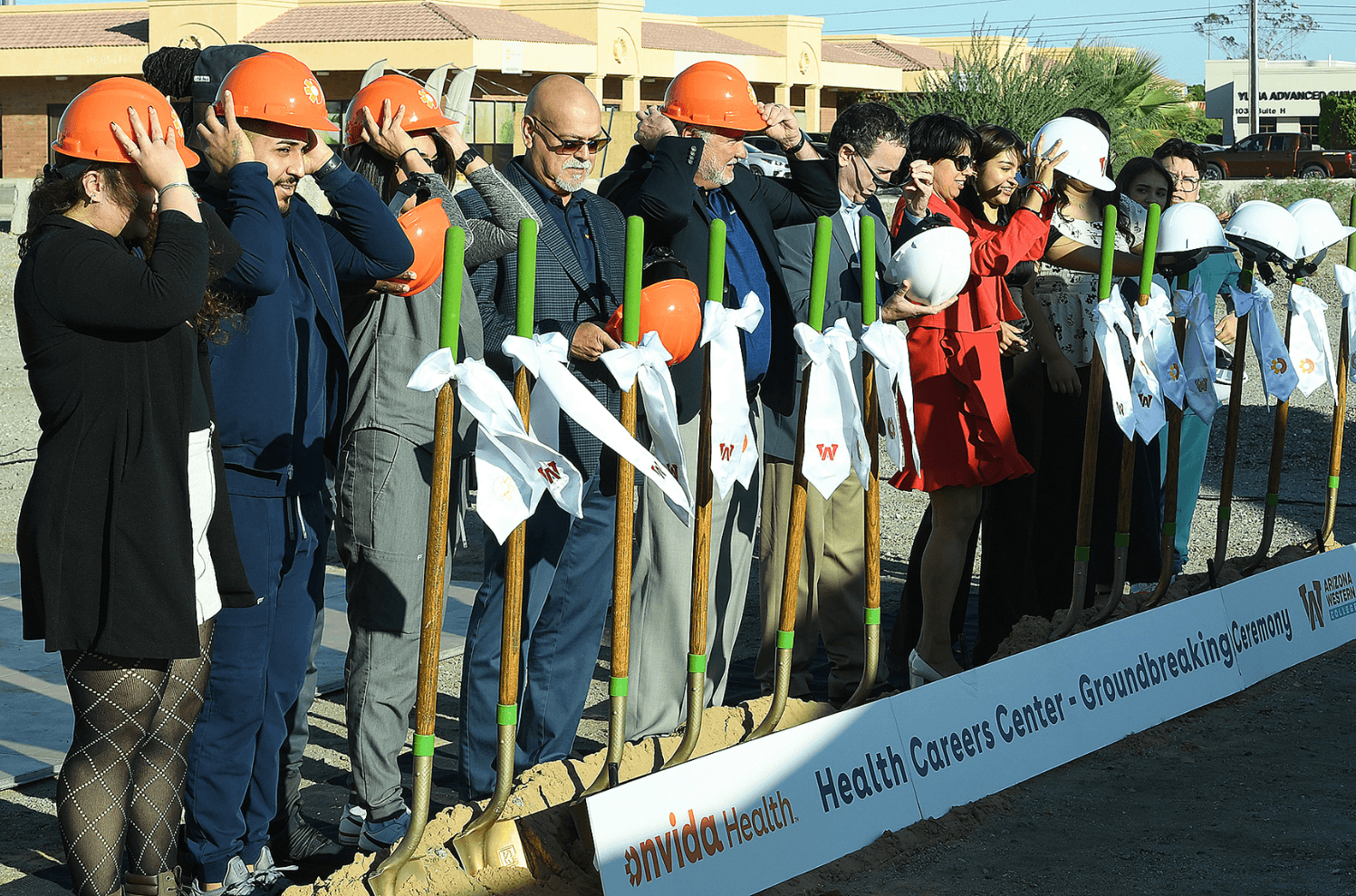AWC Women Advance to National Soccer Pool Play, Community Watches
Arizona Western College entered national tournament pool play in mid November, with the Matadors playing their first pool match against Trinity Valley Community College on November 16. The run matters to Yuma County residents for community pride, local youth inspiration, and the broader conversation about supporting student athlete health and equitable resources.

On November 15 Arizona Western College was reported gearing up for national tournament pool play, stepping into postseason competition that carried higher stakes for the college and the wider Yuma community. The Matadors played their first pool match against Trinity Valley Community College on November 16, a milestone that followed weeks of preparation and travel planning for student athletes and staff.
The appearance at the national level signals increased visibility for AWC athletics and draws attention to the resources that support teams from rural and agricultural regions. Broadcasters covering the tournament noted player and coach readiness in their summaries, and local followers tracked roster moves and match outcomes through the college schedule. For residents, that visibility translates into local pride and potential economic activity when families and fans travel to support teams, while also highlighting gaps in funding and infrastructure that shape the student athlete experience.
The athletic news cycle also included recent results from AWC women basketball, where the program recorded a loss to Lamar Community College. Broadcast coverage highlighted individual player statistics, reinforcing that while single game outcomes matter, the season level development of athletes remains an important measure of program health.
Beyond wins and losses, postseason play raises practical concerns about athlete wellbeing. Travel demands, condensed game schedules, and limited access to specialized sports medicine are regular realities for community college teams. In Yuma County these pressures intersect with broader public health considerations, including access to primary and mental health services for young adults who balance coursework with rigorous training. Ensuring timely medical care, concussion management, and mental health support requires coordination between college athletic departments, local clinics, and county health resources.
The tournament run also invites a policy conversation about equity in collegiate athletics. Increased attention to women's sports at the national level underscores the benefits of consistent investment, equitable facilities, and scholarship support. For families in Yuma County, equitable athletic opportunities can offer pathways to higher education, leadership development, and community engagement. Local leaders and education advocates may view postseason appearances as a prompt to examine funding priorities that affect not only competitive outcomes but also student safety and long term wellbeing.
Arizona Western College fans and community members who want to follow remaining matches or review past game details are encouraged to consult AWC schedules for exact match times and locations. As the Matadors return from national play, the outcomes will matter not only on the field, but for conversations here at home about health, opportunity, and how Yuma supports its student athletes.


